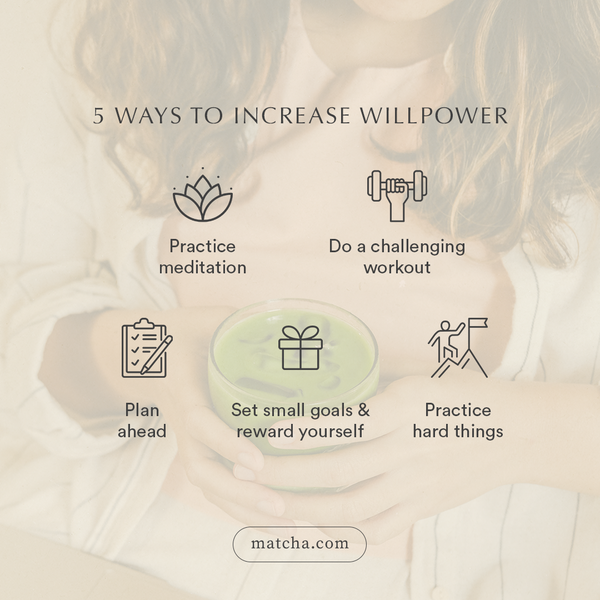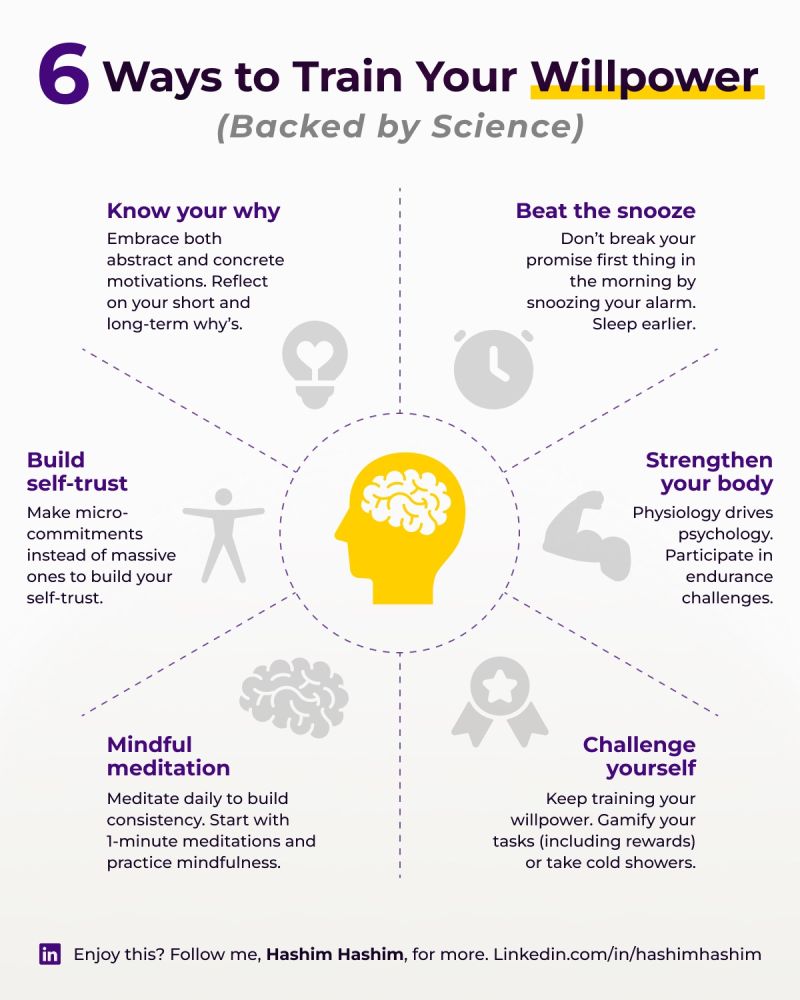Alright, buckle up, ’cause I’m gonna walk you through my dive into the “force of will cycle.” It was a wild ride, lemme tell ya.

So, I started hearing whispers about this “force of will cycle” thing. People were saying it could seriously amp up performance, especially when you’re facing down a big challenge. I was like, “Yeah, yeah, another self-help buzzword,” but the more I dug, the more intrigued I got. I decided to give it a shot. No harm in trying, right?
First things first, I had to figure out what the heck it actually was. From what I gathered, it’s about strategically expending and replenishing your willpower. You don’t just burn it all at once like a maniac; you use it wisely, then actively recharge. Think of it like your phone battery. You don’t just leave all the apps running and expect it to last all day, do you?
My big challenge was finally finishing this side project I’d been putting off for months. Procrastination had become my middle name. So, I decided this was where I’d test this “force of will” mumbo jumbo.
I started by breaking the project down into tiny, manageable chunks. I’m talking really small. Like, “write one paragraph” small. The idea was to make each task seem less daunting, so I wouldn’t freak out and run screaming back to Netflix. This was step one – conquering the inertia.
Then came the willpower part. I designated a specific time each day – first thing in the morning, before my brain had a chance to come up with excuses – to tackle one of these micro-tasks. No distractions allowed. Phone on silent, email closed, the whole shebang. Just me, the project, and a cup of strong coffee.

Here’s where the “cycle” part kicked in. After each little burst of focused work (usually about 25-30 minutes, tops), I’d take a real break. Not just scrolling through social media (that’s a willpower drain, not a recharge!). I’m talking stepping away from the computer, going for a short walk, doing some stretches, or just staring out the window. Something that completely disengaged my brain from the task at hand.
The crucial part was making these breaks intentional. It wasn’t just about avoiding burnout; it was about actively refilling the willpower tank. I found that even a five-minute walk outside could make a huge difference. Fresh air, a change of scenery – it all helped clear my head and get me ready for the next round.
I kept this up for a few weeks, and honestly, I was surprised how well it worked. The project was actually moving forward! And, more importantly, I didn’t feel completely drained at the end of each day. It wasn’t always easy; some days, I really had to force myself to sit down and do that one paragraph. But knowing that a break was just around the corner made it a lot more bearable.
I also started paying attention to other things that affected my willpower levels. Turns out, things like getting enough sleep, eating healthy meals, and staying hydrated were all crucial. Who knew, right? Taking care of your body actually helps your brain function better. Mind blown.
I wouldn’t say this force of will cycle is a magic bullet. Some days are still harder than others. But it’s definitely a useful tool in the arsenal. It’s taught me the importance of being strategic with my energy, and of actively prioritizing rest and recovery. It also works for other areas of life like finishing a book, learning a new skill or even getting to the gym consistently!

So, there you have it. My (somewhat haphazard) experiment with the “force of will cycle.” Give it a try yourself, see if it works for you. And don’t be afraid to tweak it to fit your own needs and preferences. After all, it’s about finding what works best for you.
